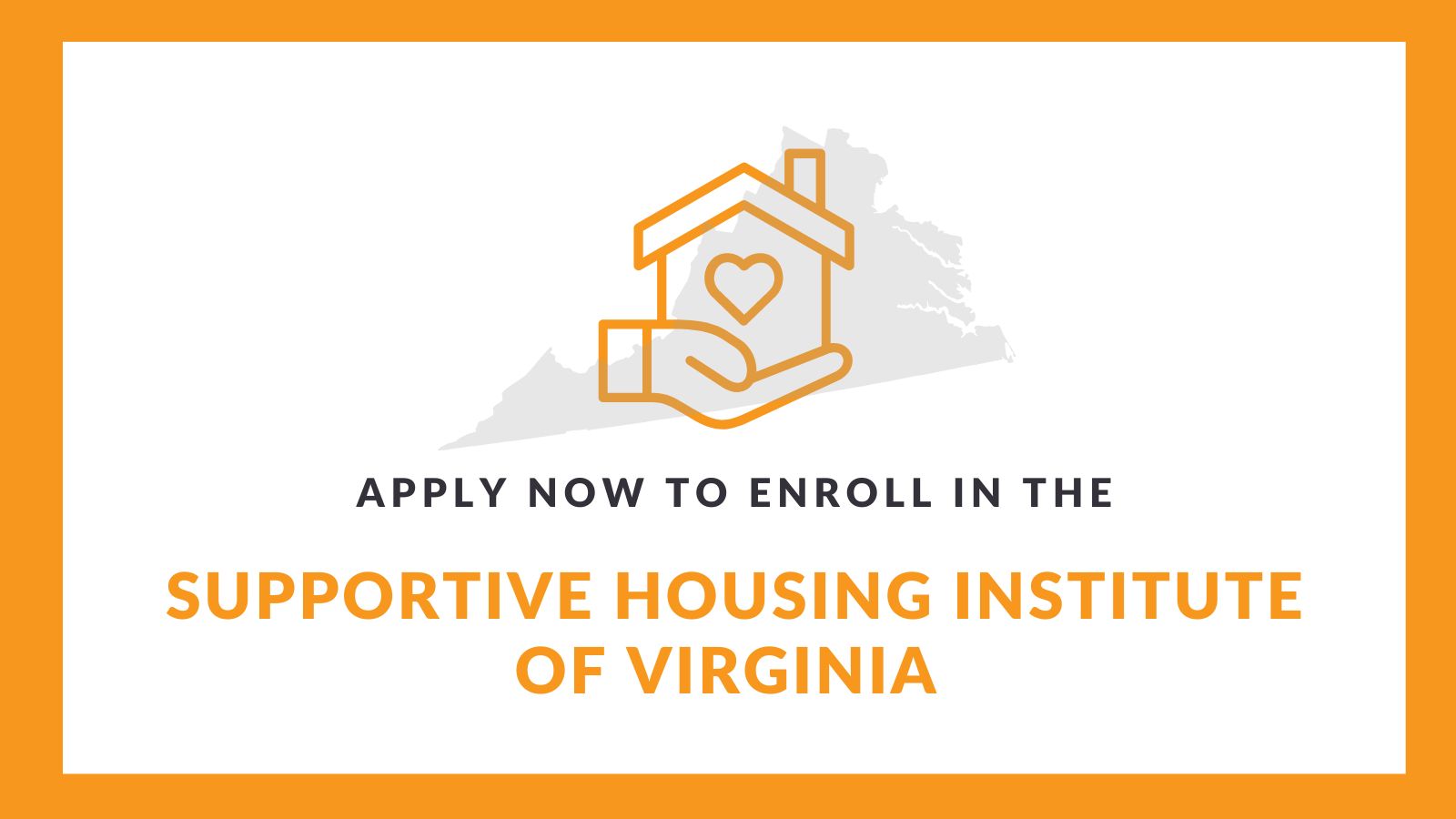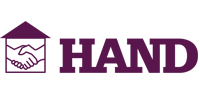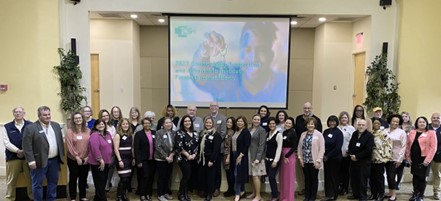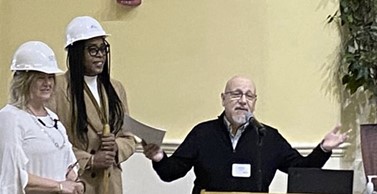For Immediate Release
Media Contacts:
Delia Hernández, OHCS, [email protected]
Jesse Dean, CSH, [email protected]
SALEM, OR – Oregon Housing and Community Services (OHCS) and Corporation for Supportive Housing (CSH) announced nine innovative projects that emerged from the fourth Oregon Supportive Housing Institute (SHI). A CSH initiative, the SHI is designed to increase the pipeline and supply of quality affordable housing paired with comprehensive support services.
The nine project teams from across the state met over five-months for intensive training and technical assistance to develop permanent supportive housing (PSH) projects. Permanent supportive housing is a national model that effectively serves individuals and families experiencing long-term homelessness. By providing on-site, individualized services, PSH leads to cost savings in public systems, particularly within healthcare and justice systems, and long-term housing stability for vulnerable households.
“The projects coming out of this year’s SHI is such a recognition that none of us do big things by ourselves,” said OHCS Director Andrea Bell. “Each of you doing the work individually and collectively model for the nation what is possible when we work together to serve our beloved communities.”
The 2023 Oregon SHI projects focus on developing high quality homes for households experiencing long-term homelessness. Some projects are specifically designed for seniors, Veterans, people living with mental illness, Latino/a/x communities, Tribal members, immigrants, and refugees. Also, there are several projects serving rural communities throughout the state.
As Rae Trotta, CSH Senior Program Manager said to the project teams today, “Supportive housing is a true commitment among yourselves and your community.”
After the launch of the SHI in 2019, PSH expertise and developer capacity greatly expanded and has led to a significant increase in PSH development across Oregon. Thirty-six teams have graduated from the SHI since 2019, resulting in 657 new PSH homes approved for funding by the Oregon Housing Stability Council.
Projects coming out of this year’s institute include:
|
Team |
Location |
|
REACH |
Portland, OR |
|
Related NW Quantum Residential Impact NW |
Portland, OR |
|
Cascadia Behavioral Health |
Gresham, OR |
|
North West Equity Group Veterans Village Malheur County Community in Action Housing Authority Ontario |
Ontario, OR |
|
Central City Concern |
Portland, OR |
|
DCM Communities North Bend Housing Authority Coos Health and Wellness Cascade Management Devereux Center |
North Bend, OR |
|
Centro Cultural |
Beaverton, OR |
|
Bienestar Northwest Real Estate Capital Corp. |
Hillsboro, OR |
|
Mid-Columbia Community Action Council Mid-Columbia Center for Living Cascade Housing Corp./Housing Authority |
The Dalles, OR |
“Oregon Housing and Community Services (OHCS) is an incredible partner to CSH and the people of Oregon. Their commitment to increasing the supply of affordable and supportive housing across the state has helped so many individuals and families achieve stability and thrive in their communities,” said CSH President and CEO, Deborah De Santis.
About Oregon Supportive Housing Institute
The Oregon Supportive Housing Institute (SHI) is a signature initiative of Corporation for Supportive Housing (CSH) in collaboration with and support from Oregon Housing and Community Services (OHCS). Since its start in the state, 36 teams have participated in the Oregon SHI that has resulted in 657 new permanent supportive housing units. The Oregon SHI has had broad statewide representation from every region in Oregon.
About Oregon Housing and Community Services
Oregon Housing and Community Services provides resources for Oregonians to reduce poverty and increase access to stable housing. Our intentional focus on housing and community services allows the agency to serve Oregonians across the housing continuum, including preventing homelessness, providing housing stability supports, financing the building and preservation of affordable housing and encouraging homeownership.






